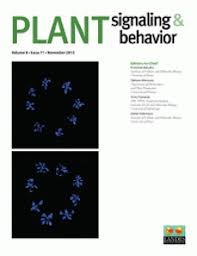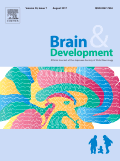 A researcher whose work has been heavily questioned on PubPeer has corrected a figure on a 2015 paper in Talanta — but the text of the correction doesn’t match the actual changes.
A researcher whose work has been heavily questioned on PubPeer has corrected a figure on a 2015 paper in Talanta — but the text of the correction doesn’t match the actual changes.
Recently, Rashmi Madhuri at the Indian Institute of Technology (Indian School of Mines) in Dhanbad corrected a 2015 paper about a diagnostic sensor that uses nanoparticles, noting that there was a “small error” in the legend describing figure 1. But the corrected image bears the same legend it had before, and instead swapped a panel of the figure that had been questioned on PubPeer.
Here’s another puzzling element to the story: Gary Christian at the University of Washington, one of the editors-in-chief of the journal, tells us he doesn’t “recall being aware of the corrigendum:”
Continue reading Author under fire on PubPeer issues puzzling correction to chem paper


 Oops.
Oops. 
 Publishing giant Elsevier has retracted an entire issue of one of its journals because the contents — abstracts from a conference about child neurology — were never supposed to make it online.
Publishing giant Elsevier has retracted an entire issue of one of its journals because the contents — abstracts from a conference about child neurology — were never supposed to make it online.


